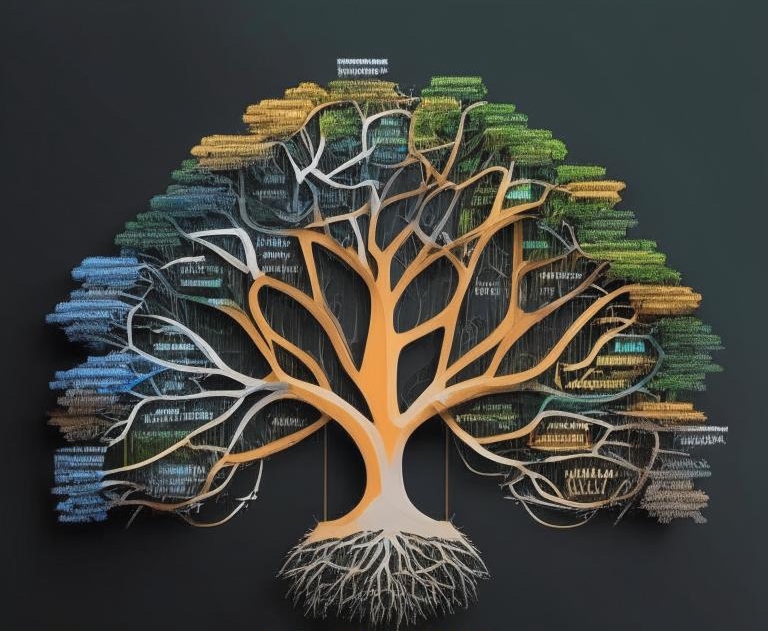Security
by Oleg Sovetnik
Let’s explore Security Management Systems, including cybersecurity systems and encryption and access control solutions. These systems are designed to protect data, prevent cyberattacks, and manage access to confidential information.
- Cybersecurity Systems: solutions for managing and protecting data, detecting threats, and managing incidents (e.g., antivirus software, network security monitoring systems).
- Encryption and Access Control Systems: software solutions for protecting information through access management and data encryption.
Sociological theories applicable to conceptualizing security management systems:
- Actor-Network Theory (ANT) (Bruno Latour)
ANT helps us view security systems as complex networks in which people, software, devices, and threats interact with each other. For example, antiviruses, network monitors, and cyberattacks form a dynamic network of actors, where each element affects the overall security process.
From the ANT perspective, cybersecurity systems are a network in which every element (e.g., antivirus software, user, attacker) has a role. The Umwelt describes how the system perceives threats, responds to them, and interacts with users to maintain security.
- Systems Theory (Niklas Luhmann)
Luhmann’s Systems Theory sees organizations as self-regulating systems that maintain their stability through interaction with the external environment. In cybersecurity, monitoring systems and data encryption can be viewed as mechanisms that help organizations adapt to threats and protect their data.
In Systems Theory, the Umwelt represents how security systems perceive and adapt to threats by filtering and processing information. For instance, encryption systems “see” data through the lens of protection, granting access only to authorized users.
- Structuration Theory (Anthony Giddens)
Structuration Theory highlights the interplay between human actions and system structures. Security systems establish rules for users, but user actions (such as configuring access or responding to incidents) influence how these systems function.
In the context of security management, the Umwelt reflects the relationship between security policies and user actions. For example, encryption or access policies create structure, but users and administrators interact with this structure, potentially altering the rules.
- Disciplinary Power Theory (Michel Foucault)
Foucault’s Disciplinary Power Theory describes how technologies are used for control and surveillance. In cybersecurity and information encryption systems, such mechanisms of power are evident when access to data is regulated and controlled.
The Umwelt in security systems represents the mechanisms of surveillance and control through which the system “sees” and manages user actions. These mechanisms help establish boundaries of access and protect sensitive data.
For security management systems, Actor-Network Theory (ANT) is the most applicable. It effectively explains the complex interactions between security elements such as users, technologies, data, and threats. ANT also helps understand how different system components are interconnected and how they impact the overall stability and security of data.
security structuration-theory systems-theory disciplinary-power actor-network-theory
